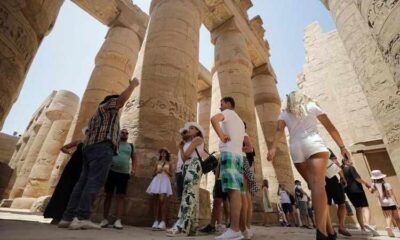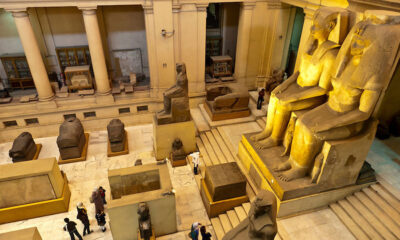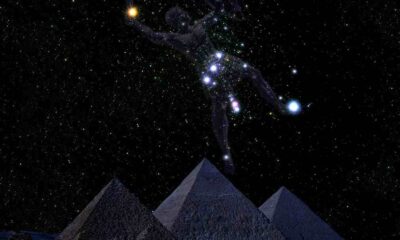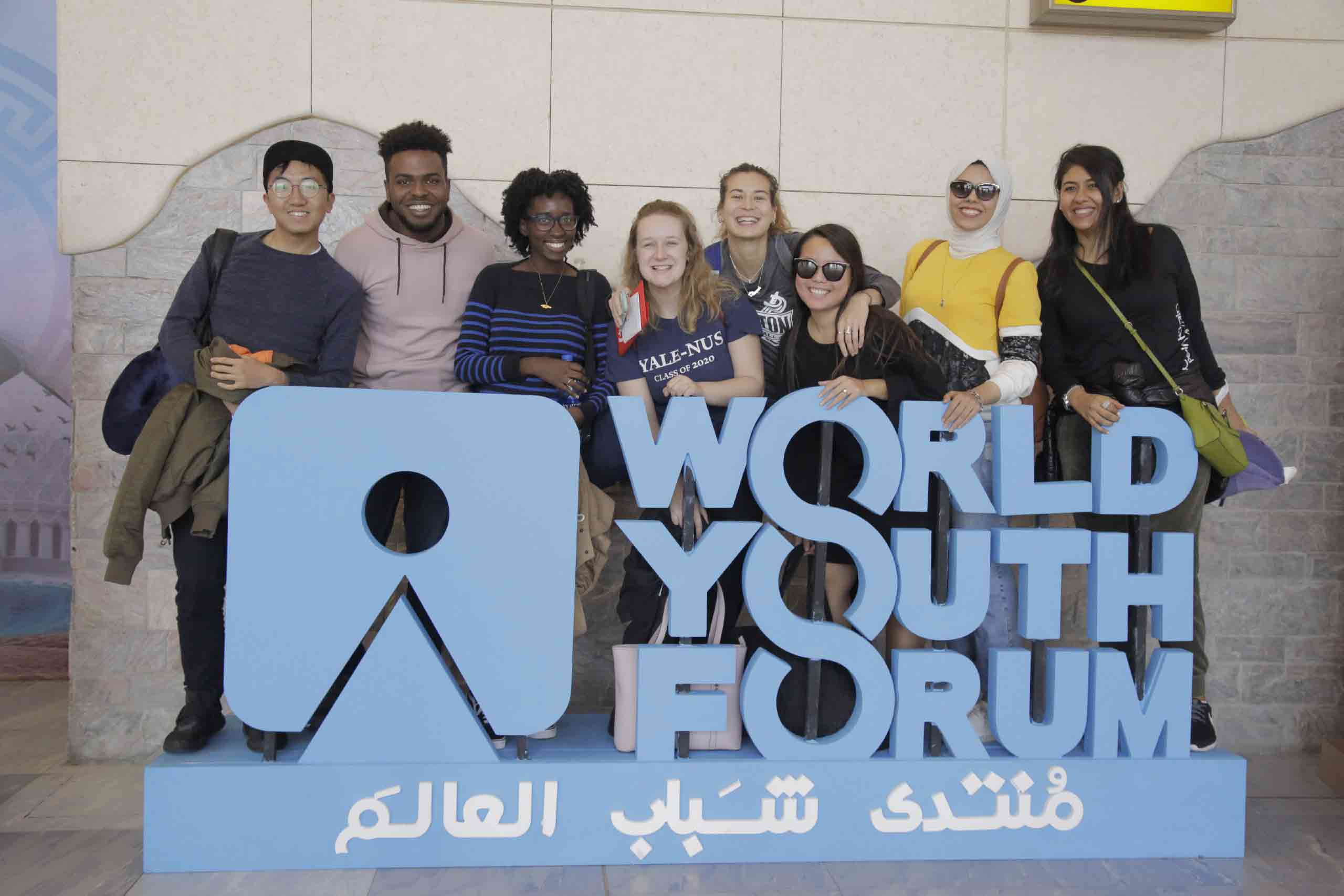Egypt
Egyptian Customs and Traditions
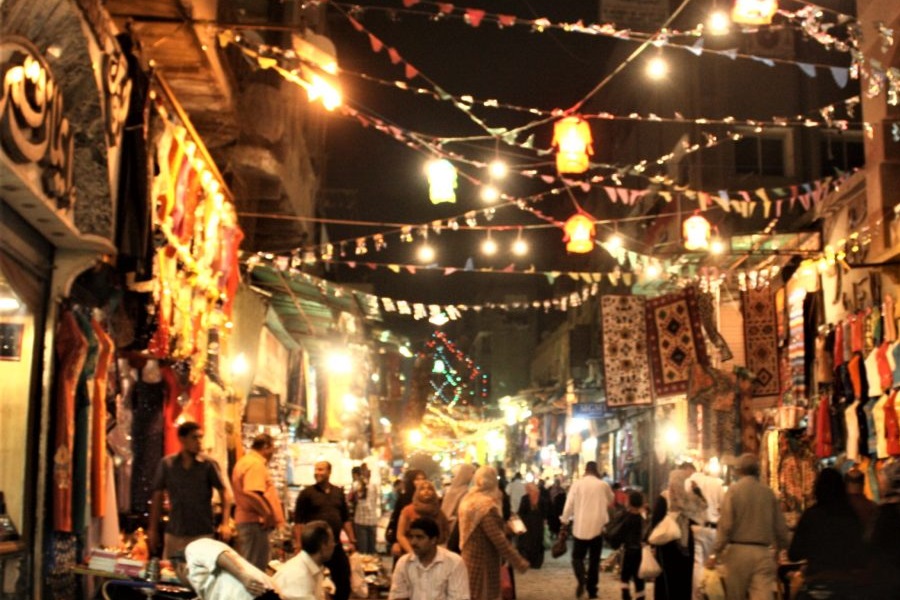
Egypt has become a contrast of historical layers that has progressed from the Ancient Egyptian civilization to the Roman Empire with all their greatness, and from the Coptic and Islamic dynasties to the modern history of Egypt.
These are old Egyptian customs and traditions that have been passed down from one generation to the next, despite the different historical periods, whether Pharaonic, Coptic, or Islamic.
Eye of Horus to prevent envy
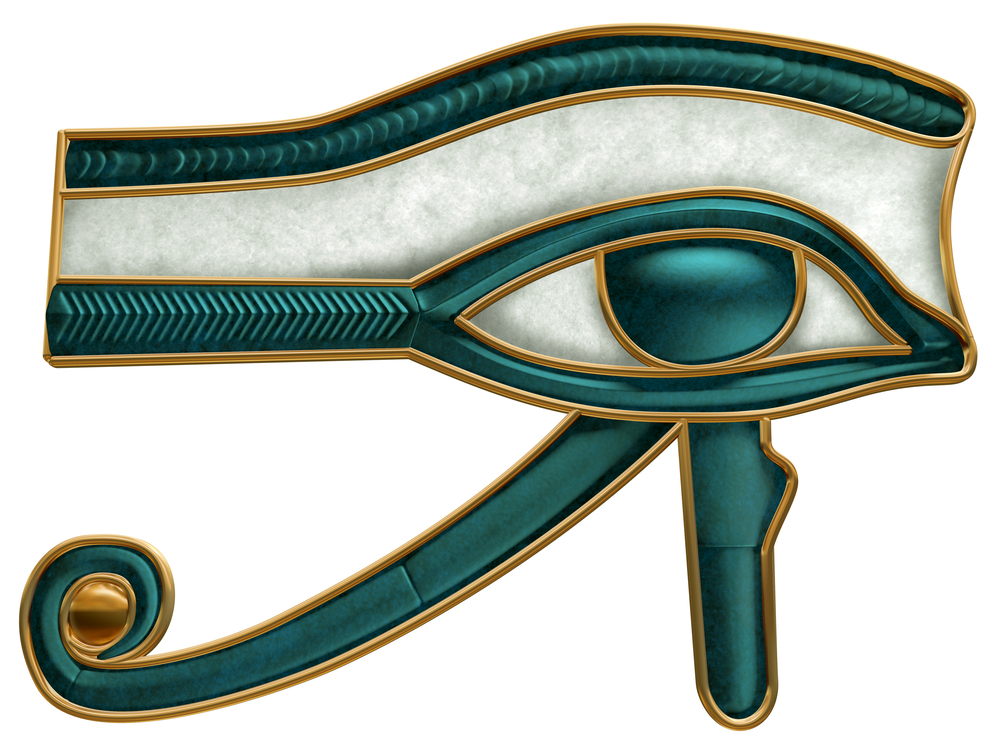
Eye of Horus was a symbol of good health and protection from evil spirits and stray animals for ancient Egyptians. Therefore, they always wore the eye of Horus necklace for decoration and protection, and they put it on the chest of the Pharaoh’s mummy to ensure that it remains healthy in life. Many Egyptians still wear the eye of Horus till today.
Treatment and Remedy
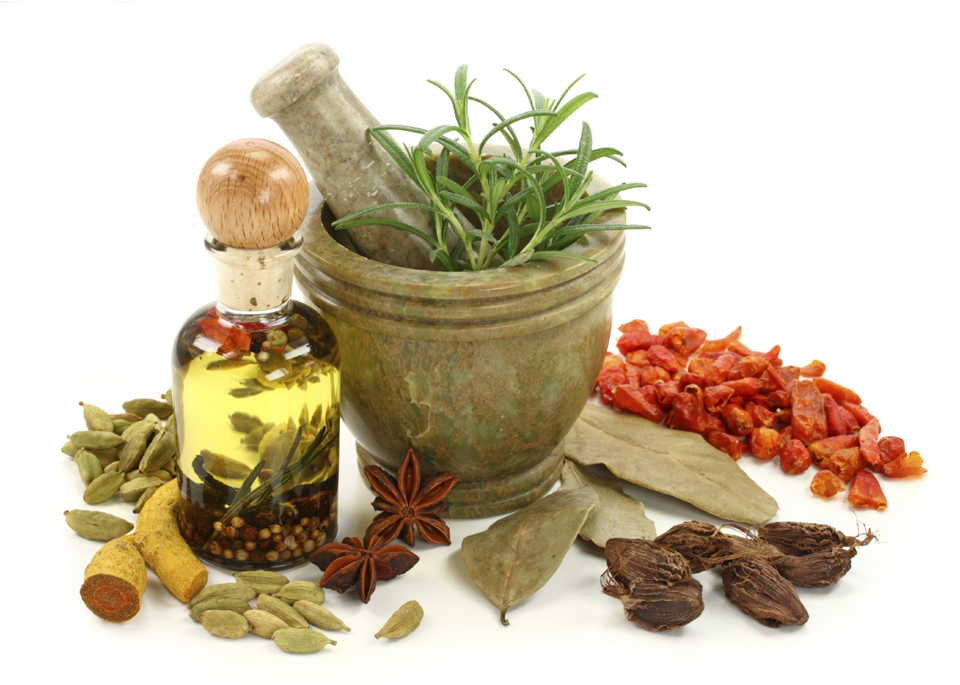
Since ancient times, Egyptians have been interested in physiotherapy and herbal remedies. To this day, Egyptians still practise the science of medicinal herbs and plantings. Egypt has one of the oldest medical education systems and some of the oldest international medical centers in the Middle East and Africa.
Eating rituals
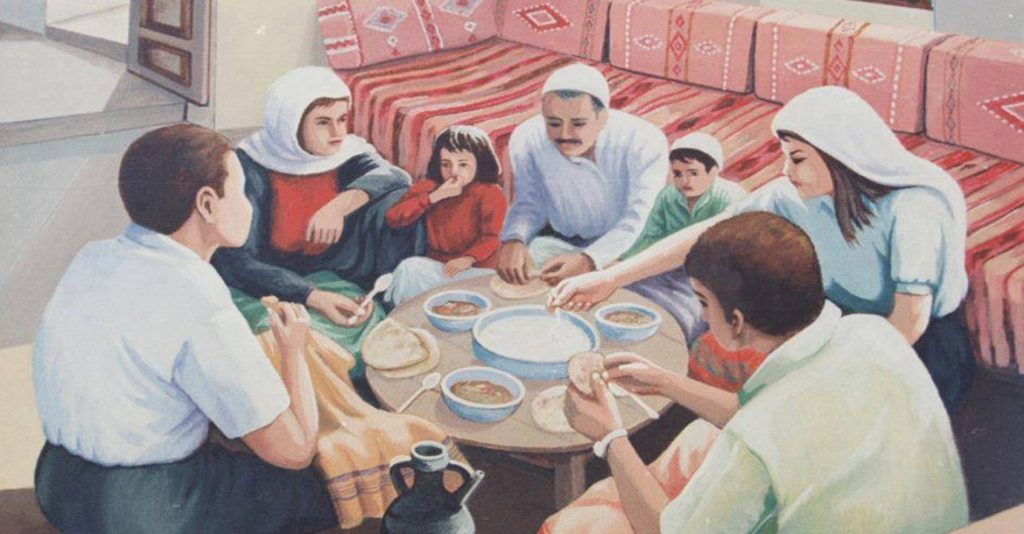
Egyptian families used to sit on the floor while eating, three meals a day, one of which must be a gathering for all family members. They would sit around a small table called the pallet, and the whole family would gather around it, especially in the holy month of Ramadan, where relatives and loved ones would join them to have “iftar.” These rituals still exist till today.
Al Seboo’ (Baby shower)
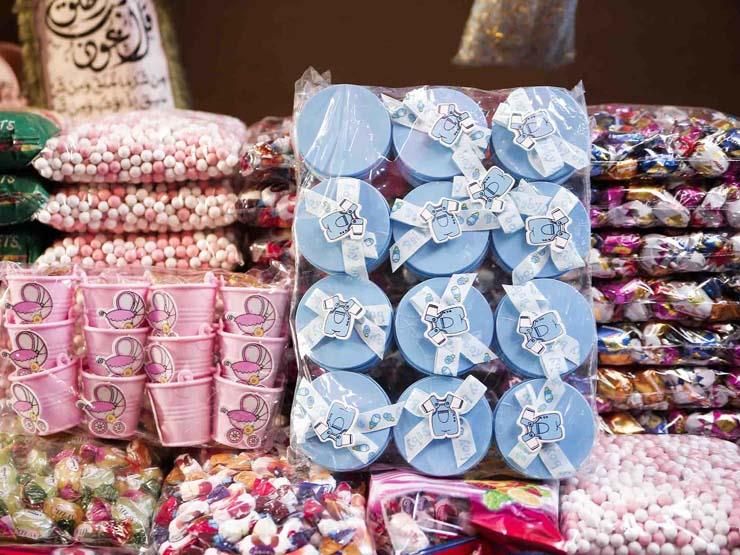
Al Seboo’ is one of the ancient customs since the time of the ancient Egyptians. It is the celebration and singing for the arrival of a newborn baby, a ritual held on the seventh day of his birth. The family and relatives will pray for the baby and wish him/her all the best.
Sham El-Nessim (Spring Festival)
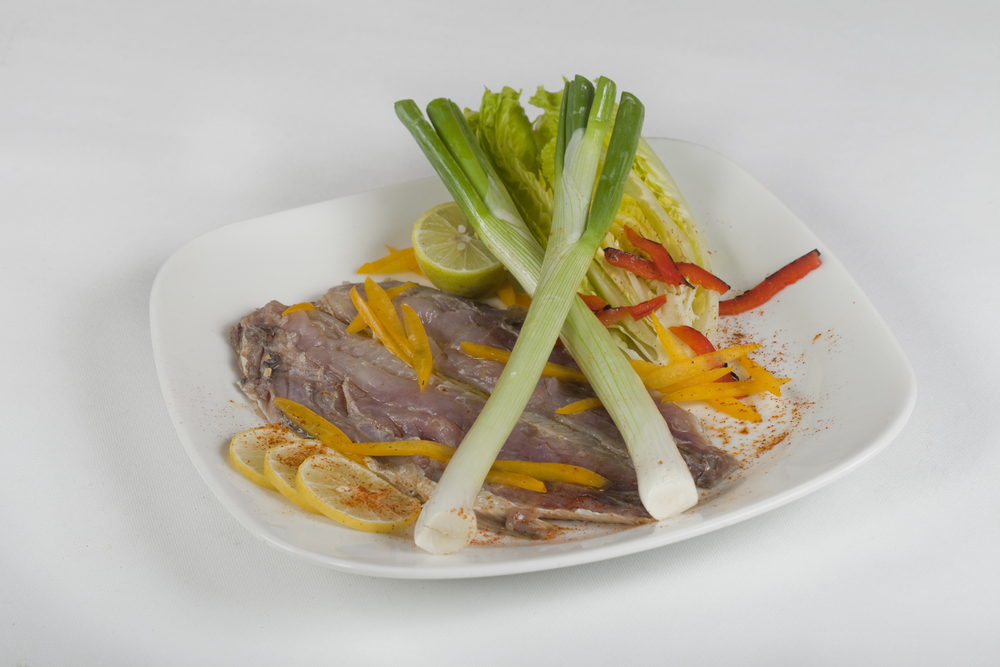
Sham El-Nessim (inhaling the breeze) is a national holiday, which falls on the day after Easter, marking the beginning of spring. It is a widely celebrated holiday by all Egyptians that was inherited from the pharaohs who had been celebrating it for about 4,500 years. During that day, the pharaohs prepared salted fish, broccoli, lettuce, and onions as an offering to the gods during the harvest.
The most important part of the celebration is going out to parks, coloring eggs, and eating herring, sardines, and vegetables. The Egyptians still celebrate this day in the same way.
Henna night (Bachelorette party)
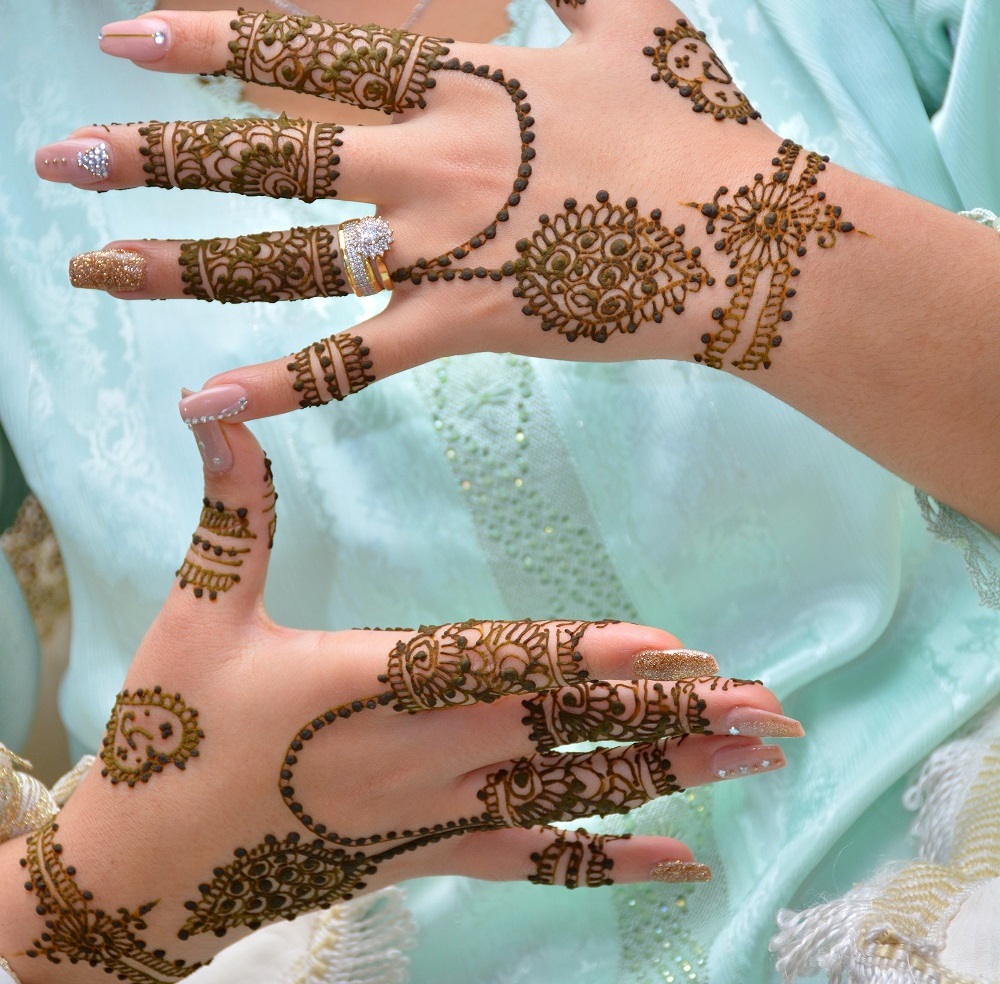
The Henna night is the Egyptian Bachelorette Party. It is a celebration of brides, dating back to ancient Egypt, where henna is put and drawn in many beautiful shapes on the hands of the bride, along with the bride’s female friends and relatives. This habit is still famous for the people of rural Egypt and cities of Upper Egypt.
Using Incense
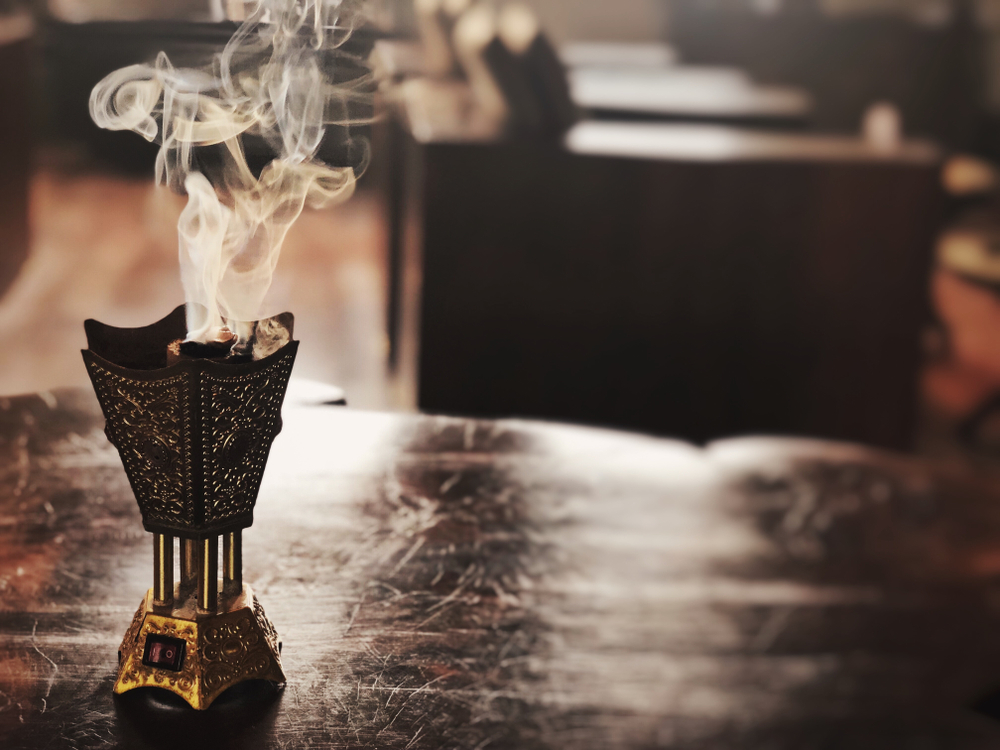
Using Incense is a beautiful habit practiced by the Egyptians in their household. Egyptians would light incense sticks to spread a fragrant smell throughout the house.
Kahk (Cookies)
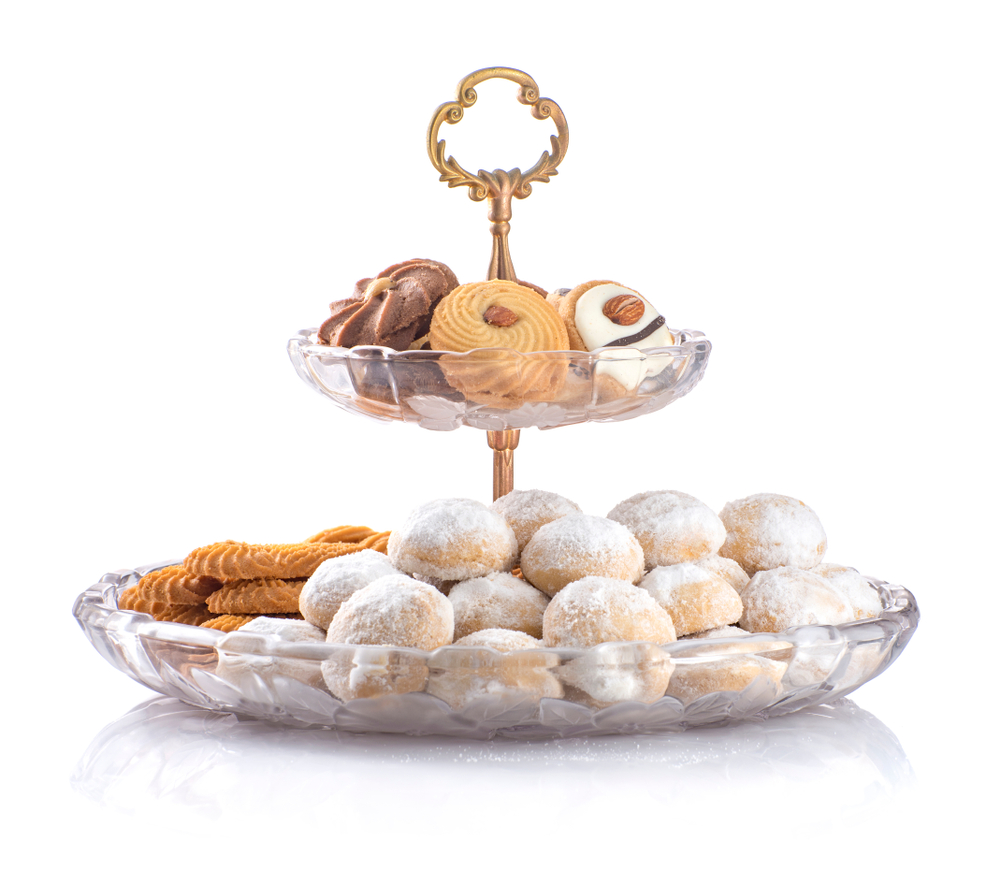
Kahk is an ancient pharaonic tradition that Egyptians still do till today. After the Islamic conquest, this tradition was transferred to the Arab countries, where cookies would be baked and eaten as a means to celebrate feasts.



